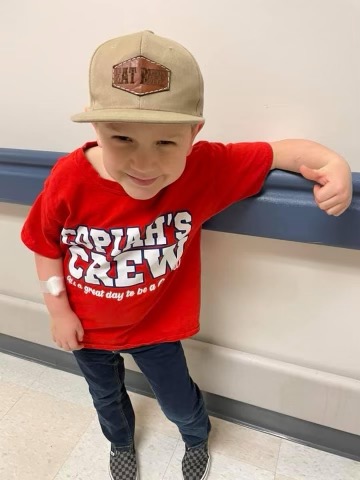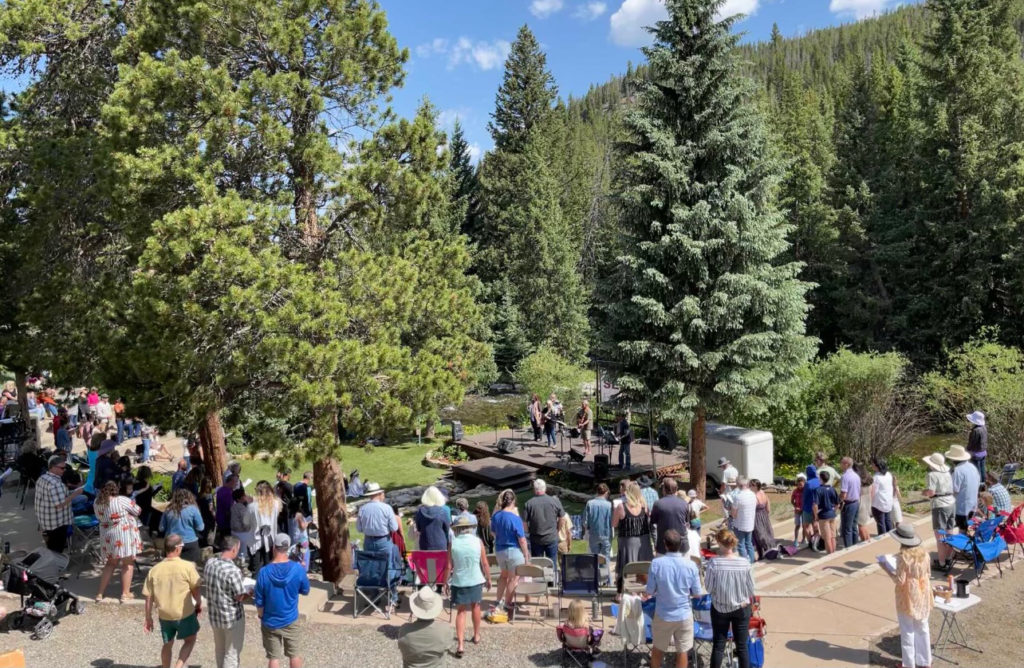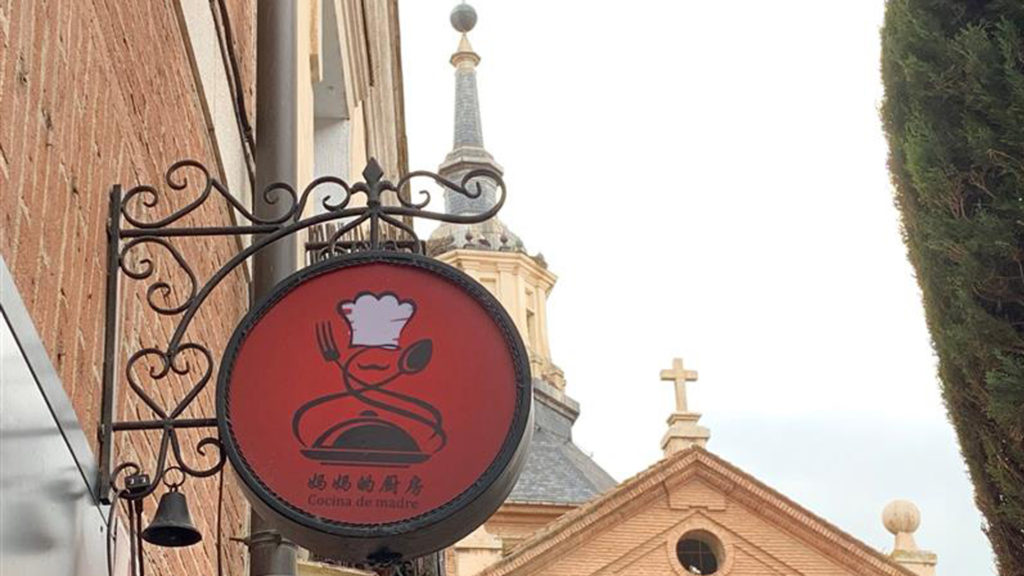TERRY, Miss. (BP) – A year before pastor Lee Faler’s firstborn son Rankin, 6, developed terminal brain cancer, First Baptist Church of Terry was focused on suffering and prayer.
Fay Fife, organist at First Baptist Church of Terry, is among volunteers ringing the bell to signal the church’s daily prayers for the Falers as their son Rankin dies of brain cancer.
Faler was in the middle of a sermon series on why God allows suffering, and members had begun ringing the church bell for a minute daily as a clarion call to prayer for healthcare workers in the middle of the COVID-19 pandemic.
“Not only was God using those messages to encourage the church, but He was also using those messages to get us ready for suffering on a personal level,” Faler said.
Faler and his wife Jordan took Rankin home for hospice care Wednesday (July 7) as his body battles the final stages of inoperable glioblastoma multiforme, cancerous tumors that now comprise the left hemisphere of his brain. Rankin will spend time with his 4-year-old brother Patton and sister Katherine Rebecca (“Katibeck”), who turns 2 in October.
“Barring a miracle from God, we’re anticipating Rankin to pass away,” Faler said. “He has just been a trooper through everything. All in all, he’s remained in good spirits when he’s not in pain or when he’s not upset.”
Faler and Jordan have kept the church and their friends informed of their family’s journey through frequent Facebook posts, intent on glorifying God in their pain.
Sometimes the couple just cry.
“We started off really just wanting everyone to know, to hear it from us, what was going on,” Faler said. “But really, our heart in all of this was that … we wanted the Lord to be glorified, even on our worst of days. That’s kind of been our heart. We know that God’s called us to pastor and to love His people.
Lee and Jordan Faler with their three children — Rankin, Patton and Katibeck.
“On a personal level we definitely have our moments. And we have our times where all we want to do is just curl up in a ball and cry, and we’ve done plenty of that. But the peace that we have in the middle of all this can’t be explained apart from Christ. There’s no other way to explain it.”
Marlà Hughes – a cancer survivor, First Baptist Terry member and Faler family friend – revived the ringing of the church bell June 29 with the support of associate pastor Nick Chandler. Daily at 6 p.m., church volunteers ring the bell a full minute and pray for the Falers.
“In our church when you say ‘I’m a bell ringer,’ that means you’re praying,” Hughes said.
Herself a survivor of non-Hodgkin’s lymphoma since 2005, Hughes has suffered three relapses over the years. As she nears her 68th birthday on Sunday, she said she’s never experienced anything like Rankin’s journey.
“I hurt so bad for them,” she said. “But we see God through them talking the talk. What they’re going through, they could not possibly go through without faith in God. I have been told from those that’s been allowed to go in the (hospital) room, that once you’ve walked in the room you feel God’s presence.”
Rankin Faler, 6, has remained in good spirits while suffering from terminal brain cancer.
Rankin’s illness was diagnosed months after the entire family recovered from COVID-19 in December 2020. When Rankin began suffering complex migraines, nausea and weakness on the right side of his body two weeks before Easter, doctors first suspected lingering effects of COVID-19. But subsequent tests revealed an irregular mass on his brain unrelated to the virus.
Several specialists and tests later, doctors diagnosed Rankin with stage 4 glioblastoma multiforme.
“We’ll never know all that God is doing with this, but I think we find a lot of peace in some way with letting the church know that what we believe as Christians is true,” Faler said, “that Jesus is our peace, and that the Gospel does give us hope that sustains us even on our worst days.
“We find comfort in that, but we also know that God is using our faith at least in some small way to encourage the church and to inspire them to keep holding on to Jesus.”
First Baptist Terry, Faler’s previous pastorate Bethany Baptist Church of Prentiss, other churches and complete strangers have helped care for the Falers since Rankin was hospitalized in March. Church fundraisers that continue have raised tens of thousands of dollars. Churches, including Jordan’s hometown congregation of First Baptist Church of Mendenhall, have conducted love offerings and established bank accounts for contributions. Church members have kept the family’s home clean, the refrigerator stocked, clothes washed and meals prepared. Faler hasn’t missed a paycheck nor benefits, and complete strangers have contributed toward family expenses. Both his and Jordan’s parents live nearby and are ready babysitters.
“It’s shown us that the church doesn’t just need the pastor, the pastor needs the church, and the pastor’s family needs the church,” Faler said. “This has been a great reminder to me that I’m a person in need of grace and support and love.”
The ordeal has further unified the church that Faler said has welcomed his family from the beginning of their ministry there in 2019.
Jordan, a longtime school teacher who describes herself as a “control freak,” sees God’s hand from the beginning of the family ordeal and has found a peace she hasn’t been able to explain.
Even when doctors at the University of Mississippi Medical Center performed an MRI of Rankin’s spine, a group of tumor specialists were meeting at the hospital, a teaching facility.
“I had to see God’s hand in it at the very beginning,” she said, “and that is when I knew that God had this all under control, and I did not have to really worry about anything. I had a complete peace that is unexplainable to anyone, that came from Jesus right then.
“It was kind of like God just came over me when all this came into place and just said that, ‘I’ve got y’all. Don’t worry about it.’”





















